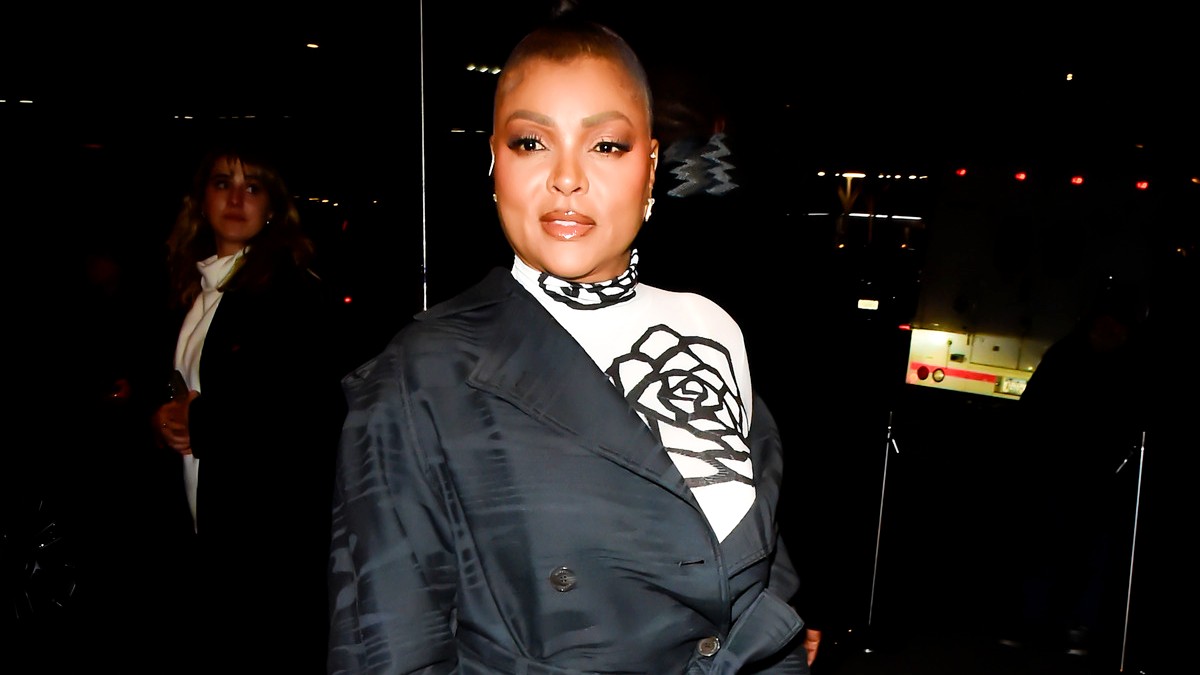‘The Color Purple’ Star Taraji P. Henson Contemplates Quitting Acting Over Pay Disparity

On Gayle King’s Sirius XM radio show, The Color Purple star Taraji P. Henson revealed that she has considered quitting acting over pay disparity. Despite being an Oscar-nominated actress, she has struggled with being underpaid and undervalued in Hollywood.
Henson has been active in the industry for over three decades and is best known for starring in The Curious Case of Benjamin Button, Hidden Figures, and Empire. She has also nabbed a number of prestigious accolades, including a Golden Globe win and four Primetime Emmy nominations. Most recently, she starred in the 2023 adaptation of The Color Purple as blues singer Shug Avery. Given her extensive resume, one might assume she would be among the most well-paid actresses in Hollywood. However, she has confirmed that this is not the case.
Taraji P. Henson gets honest about Hollywood’s pay disparity
As reported by The Hollywood Reporter, Henson tearfully opened up about being underpaid during an appearance on Gayle King’s show. Henson was asked about recent rumors alleging she is considering quitting acting. She confirmed that they were true, getting emotional as she explained that she’s tired of “getting paid a fraction of the cost” for the hard work she continuously puts in.
Additionally, she is forced to fight “tooth and nail” on every project just to receive the exact same lowball offers. Henson said, “I have to work because the math ain’t mathing. And I have bills. Listen, I’ve been doing this for two decades and sometimes I get tired of fighting because I know what I do is bigger than me.” While she has nearly walked away from the industry twice, she also recognizes the importance of her fight and how it could change things for the next generation of Black actors. She also pointed out that the more work actors do, the bigger their team gets and the higher the bills get to continue paying them.
Henson concluded by stating that she was “just tired” of fighting, especially when every achievement fails to improve her negotiation position. Lately, she has been concerned that the lack of change means she’s not making a difference for the next generation. If she can’t improve things for those behind her, she doesn’t see a purpose in continuing to pursue acting.
Her exhaustion is understandable, especially since her struggles with pay disparity date back to at least 2008. She revealed her salary for The Curious Case of Benjamin Button (which earned her an Oscar nod) was $150,000, which is less than 2% of the whopping $10 million Brad Pitt was paid for the film.
Despite Pitt’s enormous salary, Henson had asked for a much more reasonable $500,000, only to have it denied. This is just one of many examples of gender and racial pay gaps in Hollywood. Oprah Winfrey recently revealed she was paid just $35,000 for her Oscar-nominated role in the first The Color Purple adaptation in 1985. Meanwhile, actresses from Bryce Dallas Howard to Natalie Portman have opened up about how much more significant the gender pay gap is in Hollywood compared to other industries. While being a woman in Hollywood is difficult enough, Black women’s struggles are twofold as they’re forced to battle both the racial and gender pay gaps.
It’s also important to remember that being an actor in Hollywood doesn’t mean one is rich. While the top stars in Hollywood (usually white men) can expect to make tens of millions per film, actress Robin Thede pointed out that Black actresses are typically making $250k–$500k for each project. After taxes, payments to managers and team members, and child care, it’s not unusual to be left with just $50k–$100k when all is said and done, which is hardly enough considering California’s high cost of living.
Back in 1985, Winfrey’s $35,000 would’ve been worth close to $100,000 today. When we account for inflation, it shows that the wages of Black actresses have barely increased despite 38 years passing. It’s no wonder that Henson is getting tired when her wages remain stagnant despite her talent earning studios and executives more money than they’ll ever be able to spend. When you are an Oscar-nominated actress with decades of experience, you should not be paid so little that you have to do two movies per year just to keep up with your bills.
(featured image: Raymond Hall/Getty)
Have a tip we should know? tips@themarysue.com